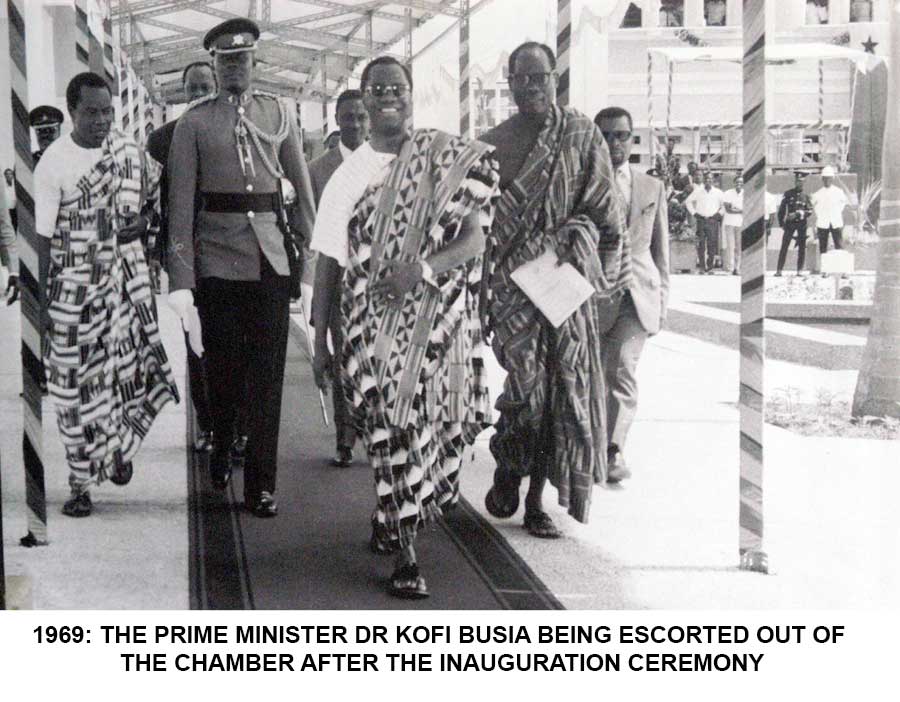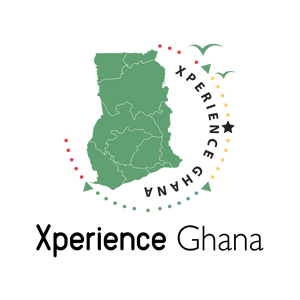In 2018, when the government scrapped July 1 as a statutory holiday and made 4th August a Holiday, that was when the confusion and the conversation started. A section of Ghanaians did not really get why this decision was taken and thus treated republic day with less importance since then. Is republic day still relevant in Ghana? Is it because we don’t get a day off anymore?
This article would take you through some history and significance of the republic day and why we think it is losing it’s relevance.
The Background of Republic Day
Ghana was the first point of trade in Sub-Saharan Africa where the Europeans began to trade – from Gold to Diamond to other natural minerals and later ended in slaves. Interestingly, it’s the first African state to gain independence in the sub region from the British, their colonial lords.
After independence on 6th March, 1957, the then Prime Minister Osagyefo Dr. Kwame Nkrumah proposed a referendum on the subject of Ghana becoming a republic. On April 27, 1960, a referendum was held and some 88% of the voters supported that Ghana should become a republican state. On this same historic day, Prime Minister Osagyefo Dr. Kwame Nkrumah was voted for and became the first President of the Republic of Ghana after gaining 89% of the valid votes casted. Ghana was declared as a Commonwealth republican state on 1st July, 1960 as well as Dr. Kwame Nkrumah inaugurated as President.

Along the line of Dr. Kwame Nkrumah governance, his ideologies of a one – party state, a United Africa and making Ghana fully dependent grew massive opposition for his government. People protested that Nkrumah was paying much attention in building networks abroad whiles spending little time paying attention to his own people’s needs. This led to the 1966 Coup which crushed down “Nkrumah’s Ghana Agenda”. After the 1966 Coup, the Military Police department of the National Liberation Council took over the country and assured Ghanaians of a peaceful elections. This was fulfilled in 1969 after a new constitution was drafted to commence Ghana’s second republic.
In October, 1969 the Progress Party led by Kofi Abrefa Busia won 105seats out of 140 in parliament which made him the second Prime Minister of Ghana and the then Chief Justice, Edward Akufo-Addo, became the President. The Ghanaian populace yet again had hopes for a better governance in the second republic. They hoped the Busia administration would handle the country’s problem better than Dr. Kwame Nkrumah but that became futile.

On January 13, 1972, Lieutenant Colonel Ignatius Kutu Acheampong successfully overthrew the government and Ghana came under military rule once again. Three years in his regime, the necessities of life for most Ghanaians become tougher and tougher. In the midst of all these difficulties Gen. Acheampong and his staff proposed a Union Government, which was to be a government ruled by the military and civilians.
In 1979, Flight Lieutenant J. J. Rawlings together with other junior officers launched their first coup which was unsuccessful during the period when the country was preparing for an election. In 1981 after they were breaking out of jail by other group of officers, Flight Lieutenant J. J. Rawlings and his team attempted for the second time which was successful this time around. Flight Lieutenant J. J. Rawlings and his team took over power because, they believed the new Union Government would not be firm or effective than previous governments. Rawlings remained Ghana’s president for 20 years.

In the 1980s, the PNDC began considering a change in governance, thus, bringing back democratic governance after series of pressure that came from both the citizenry and significant international organizations. Due to that, a referendum was conducted in 1992 and Ghana reinstated democracy as her system of governance. This gave opportunities to political parties to be part of the governance structure of Ghana and also partake in various elections. This led to an election in late 1992, J.J Rawlings stood again for president under the National Democratic Congress (NDC) and won. He then became the first president of Ghana under the 4th Republic.
Controversies Regarding the Republic Day
The government in 2018 tabled an amendment to the Public Holidays Act to scrap Republic Day and African Union (AU) Day, marked annually on July 1 and May 25 respectively, as statutory holidays. Since 2019, African Union and Republic Day are just commemorative holidays and people are not entitled to a day off. People have said this is an attempt to rewrite Ghana’s History and have shared their opinions.
Just this year, an article was published on Modernghana.com that said “People who removed Ghana’s Republic Day are traitors”. Here is what it read;
It is shocking to know that Easter Monday, Boxing Day, etc. are celebrated as important holidays in Ghana but President Akufo-Addo has cancelled the celebration of Ghana’s Republic Day. Republic Day is a nuisance to him. Since 1960, 1st July has been celebrated as Ghana’s Republic Day, an important national holiday, until Nana Akufo-Addo became president in 2017.
The Republic Day should be the most important Day in Ghana’s history,… as important as Independence Day which occurred three years prior. Before July 1, 1960, The Queen of England still held the post of Head of State of Ghana even though Kwame Nkrumah was Prime Minister.
In the 1960 Ghana Elections, the opposition, led by J.B. Danquah campaigned to maintain the status quo, so the Queen of England will become the overall ruler if Danquah wins. Kwame Nkrumah campaigned for the total expulsion of the British and Ghana being ruled by Ghanaians. Nkrumah won 89% and declared Ghana a Republic. Maybe that is the story some people want to hide. How can you trash such an important milestone and celebrate Easter Monday? Anybody who deliberately pushed for the trashing of Ghana’s Republic Day is a traitor
For a lot of people, Republic Day is just a normal day. Just go about your daily activities and wake up the next day. Do you still celebrate and value Republic Day like you used to ? Share your views with us.



